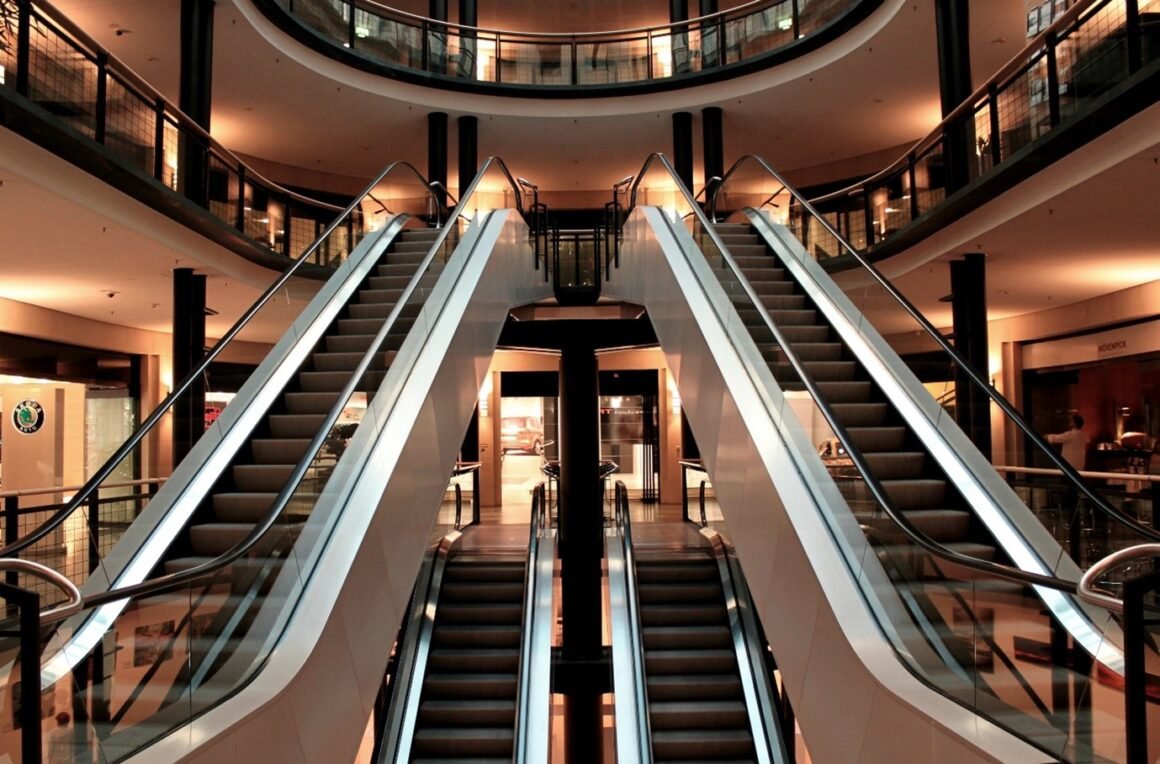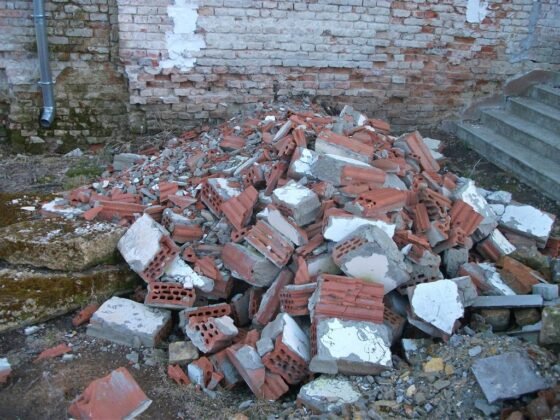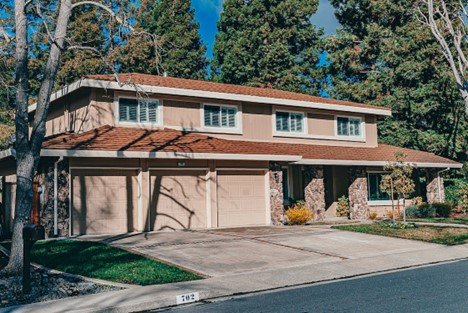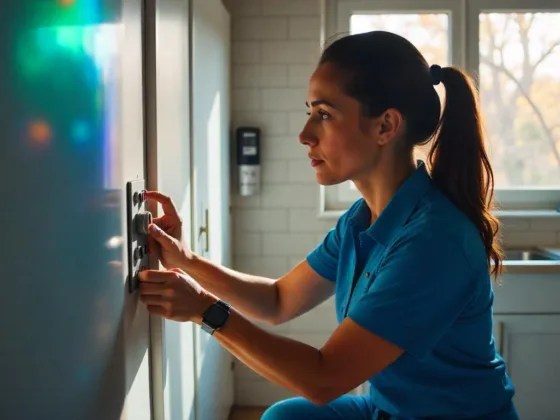Table of Contents Show
Commercial properties are excellent real estate investments that generate a steady income stream for decades and have the potential for long-term profitability.
And if you’re planning to construct a commercial building in Tennessee, you’re in luck! The state ranks high among the most desirable locations to do business.
Commercial buildings in Tennessee have an all-time low rate of vacancy, falling to 2.5%, and most commercial buildings are leased out.
While bigger cities of Tennessee are already overflowing with commercial structures, the tourist spots in the Great Smoky Mountain areas, like Pigeon Forge, Gatlinburg, and Sevierville, offer ideal opportunities for constructing commercial buildings and receiving higher returns on investment.
From hotels to shopping complexes, healthcare facilities, recreational spots, and eateries, you can tap into a whole world of opportunities to invest in commercial buildings.
However, building a commercial property from the ground up can be a pretty complex and demanding process. You need to carefully plan and execute each stage of the construction process while ensuring effective financial management.
If you’re aiming for a successful commercial building construction in Pigeon Forge, Tennessee, here are some valuable tips to smoothly steer through the intricacies of the process:
1. Choose Your Building Contractor Carefully
Commercial building development can be intimidating, particularly for first-time investors or builders.
The success of your commercial building construction in Tennessee solely hinges on how well you execute your master plan and the attention you give to the minute details of your building’s construction.
This is why choosing a qualified commercial building contractor is undoubtedly a major game-changer in your entire construction endeavor.
To complete your commercial building construction in Tennessee successfully, pay special attention to the contractor you employ.
Research various commercial building contractors and go through their websites to make sure they have expertise in constructing buildings in higher elevations like Pigeon Forge and Gatlinburg.
Don’t forget to check if the contractor has the appropriate resources, such as machinery, equipment, skills, and human capital, to carry out the construction project with ultimate finesse.
2. Plan Your Budget Effectively
Commercial building construction is a massive project which requires huge investment. However, if you’re unable to develop a well-thought-out plan and manage your finances efficiently, you may end up running out of funds in the middle of the project and stretching way over your planned budget.
This is why you need to emphasize effective budgeting and financial management of the project right from the outset.
Like every construction project, your commercial building construction starts with mapping out a complete plan, including the building’s site, design, layout, and floor plans.
Before you start executing your plan, you need a detailed budget to determine how to complete the project and gather sufficient funds for the construction. For this purpose, you need to define your project goals, timeline, scope, and financial budget.
Your financial advisor will help you forecast expenditures and develop a comprehensive plan that entails each financial activity related to the building’s construction.
This includes everything from land or property acquisition, permit fees, wages, and construction materials to contractor charges, consultancy charges, property taxes, and value-added taxes.
Apart from the tight financial budget, be sure to keep an extra 10% of your total budget aside to deal with any contingencies that arise during the construction work.
Read Also:
3. Design is a Crucial Element
Your building’s overall layout, design, and interior will ultimately determine its future value and potential for long-term profitability.
If your commercial property doesn’t catch the eye or struggles with space optimization, it might not be an attractive option for leasing in the future.
Besides a qualified contractor, you need a competent architect and interior designer by your side for a successful commercial building project.
An architect will help you plan a complete building layout to make it more functional and efficient and accommodate users’ needs.
They will create blueprints, taking into consideration the structural integrity, safety, and compliance with building codes and regulations.
On the other hand, a designer will make sure the building is aesthetically appealing and the interior space is well-planned.
They will consider factors such as traffic flow, workspaces, seating arrangements, and accessibility to ensure the interior layouts are efficient and comfortable.
They choose materials that are durable, visually appealing, and within budget. They may also incorporate sustainable and eco-friendly design principles and solutions.
Architects and interior designers work as a team to ensure that both the exterior and interior of the commercial building harmonize to create a successful and appealing final project.
Considering their key roles, hire qualified interior designers and architects for your construction project so you can greatly enhance the chances of creating an architectural masterpiece that meets both your functional and aesthetic needs.
4. Get All Your Required Permits Beforehand
Unlike domestic properties, commercial buildings require certain permits and have strict rules and regulations that need to be followed.
Before you start planning the construction, you need to get all the necessary paperwork done, get the required approvals and permits, and provide undertakings for your construction project.
If you fail to produce these documents whenever authorities demand them, you may have to face legal repercussions. In some cases, the government could even stop the construction work.
Doing all the necessary paperwork and getting the required permits will not only help you steer clear of any legal and financial penalties but also ensure that your building’s map is duly approved by the regulatory authorities.
Additionally, ensure that you have a thorough understanding of local building codes, zoning laws, and environmental regulations.
For this purpose, we recommend hiring legal experts and consulting with local authorities so you can carry out the entire construction process smoothly without a hitch.
5. Set a Realistic Project Timeline
Commercial buildings are massive projects that require months or even years to complete. Depending on the size, type, and design complexity of your commercial building, you must set a realistic timeline for each stage of construction as well as the project’s overall completion.
When you’re setting a definite timeline for your construction project, be sure to include certain factors that can affect your project duration.
These could be manageable factors like lack of human capital, funds availability issues, or design constraints, or inevitable factors, like weather conditions, natural calamities, and other environmental aspects.
Consult your contractor to figure out possible delays in the project and maintain flexibility in completion schedules.
Although your contractor will do their best to complete the project within the set timeline, you should keep enough room to accommodate possible delays.
Final Thoughts
No matter what type of commercial building you’re constructing, the implementation strategy for a successful construction project can be complex.
However, with a well-thought-out plan and a skilled team by your side, you can steer through the complexities of the process.
The above tips and suggestions will increase your chances of completing a successful project that meets your goals and stands the test of time.










